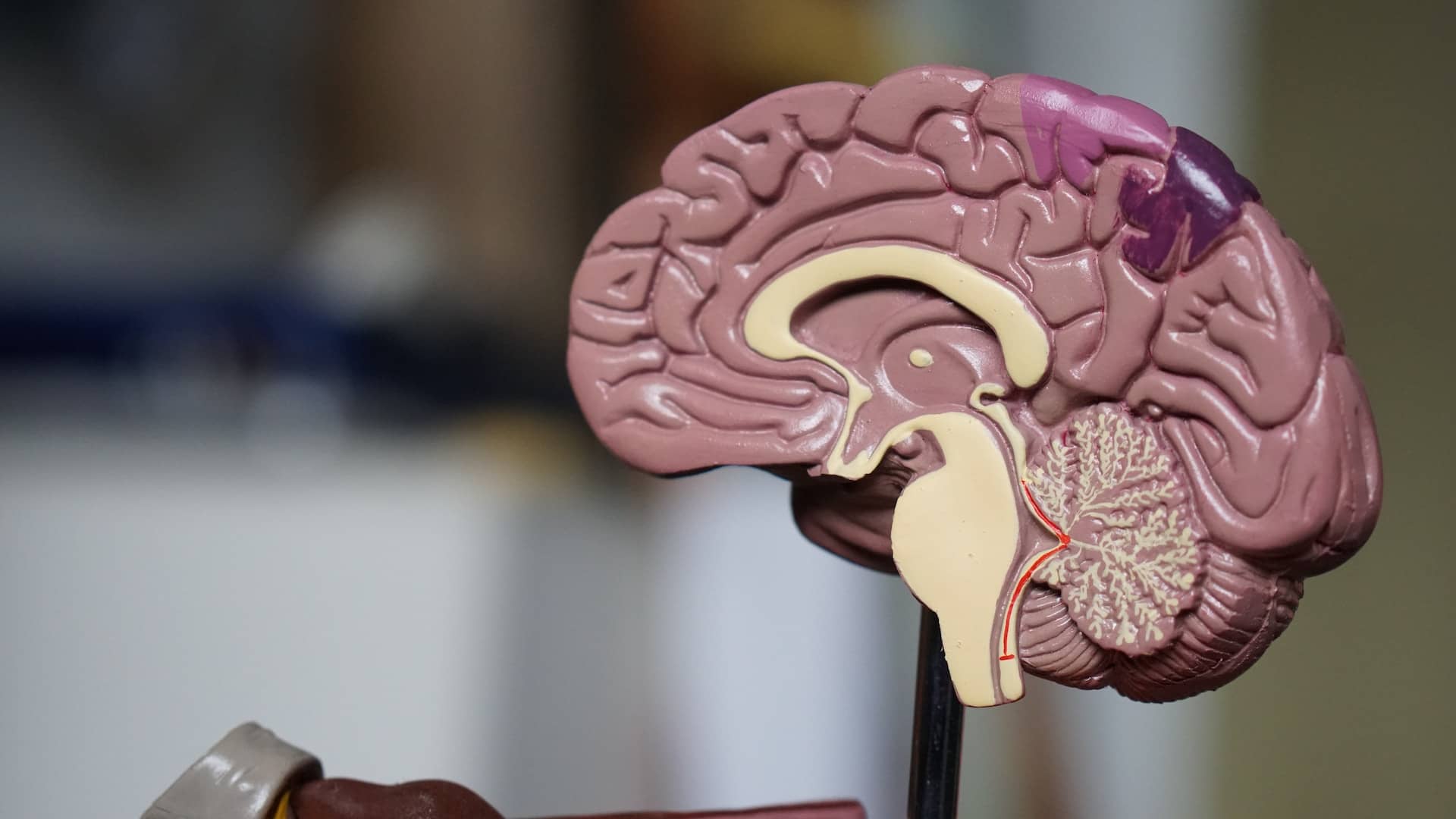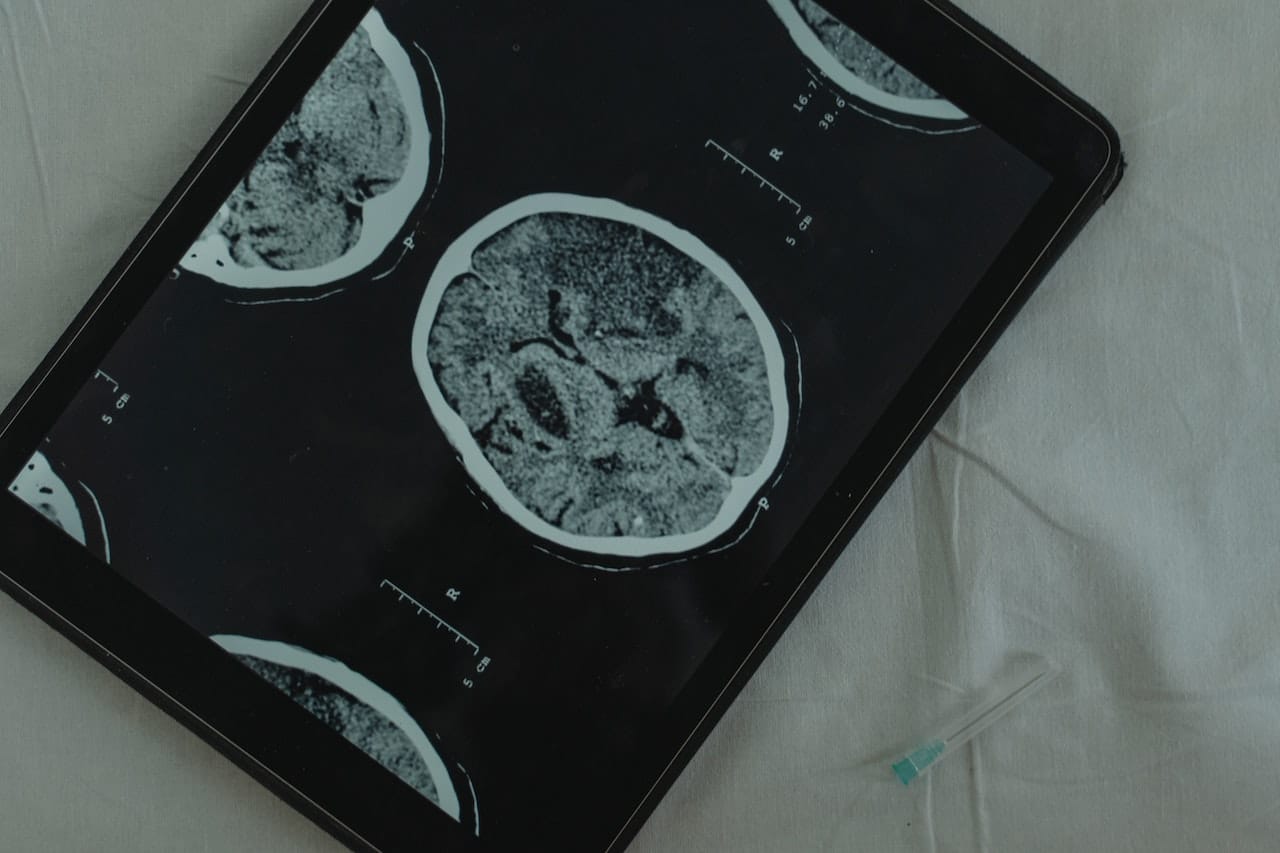Brain injuries can be life-altering events, disrupting not only cognitive functions but also impacting overall health. As we delve into the realm of brain injury, it’s crucial to explore the often-overlooked connection between brain health and cardiovascular well-being. In this article, we’ll unravel the intricacies of this relationship and outline three comprehensive care strategies to protect against brain injuries.
Understanding the Landscape
Before delving into the strategies, let’s establish a foundational understanding. The brain and the cardiovascular system are intricately linked. The brain relies on a robust network of blood vessels to receive oxygen and nutrients, ensuring optimal functionality. Any disruption to this supply chain can have profound implications for cognitive health.
Mind the Blood Flow
One of the primary strategies to safeguard against brain injuries is to prioritise cardiovascular health. Adequate blood flow is essential for the brain’s vitality, and conditions like atherosclerosis, which restrict blood vessels, can increase the risk of brain damage.
Fueling the Brain
The brain is a high-energy organ, demanding a constant supply of nutrients. A heart-healthy diet not only supports cardiovascular well-being but also provides the essential building blocks for optimal brain function. Nutrient-rich foods, such as fruits, vegetables, and whole grains, contribute to overall health, creating a resilient foundation against potential injuries.
Exercise as a Shield
Regular physical activity is a potent ally in the quest for comprehensive care. Exercise promotes cardiovascular fitness, ensuring efficient blood circulation. Additionally, it stimulates the release of chemicals that enhance brain function and protect against the impact of potential injuries.
The Interplay of Cardiovascular Health and Brain Injuries
Now, let’s unravel the connection between cardiovascular health and the occurrence or severity of brain injuries. This link is not merely a coincidence; it’s a dynamic relationship that demands attention.
Cardio
vascular health influences brain health in profound ways. A compromised cardiovascular system can heighten the vulnerability of the brain to injuries. Conditions such as hypertension, high cholesterol, and diabetes, which are often associated with cardiovascular issues, create a precarious environment for the brain.
High Blood Pressure: The Silent Culprit
High blood pressure, or hypertension, emerges as a silent yet potent contributor to brain injuries. Prolonged elevation of blood pressure puts strain on the blood vessels, making them more susceptible to damage. This vascular vulnerability increases the likelihood of cerebrovascular incidents, such as strokes or aneurysms, which can have devastating consequences for cognitive function.
Cholesterol’s Role in Brain Resilience
Cholesterol, commonly associated with cardiovascular concerns, plays a dual role in brain health. While the brain requires cholesterol for proper functioning, an imbalance in cholesterol levels can lead to atherosclerosis—a condition where arteries narrow due to the accumulation of fatty deposits. This narrowing limits blood flow to the brain, elevating the risk of injuries and impairing cognitive abilities.
Diabetes: A Double Whammy
Diabetes, a condition characterised by impaired insulin function, not only poses cardiovascular risks but also amplifies the susceptibility to brain injuries. Elevated blood sugar levels associated with diabetes contribute to inflammation and oxidative stress, creating an environment conducive to brain damage. The intricate dance between cardiovascular health and diabetes underscores the importance of a holistic approach to care.
Strategies for Comprehensive Care
Armed with an understanding of the interconnectedness between cardiovascular health and brain injuries, let’s explore three strategies for comprehensive care. These strategies aim not only to protect against potential injuries but also to promote overall well-being.
Prioritise Heart-Healthy Habits
Establishing heart-healthy habits is a cornerstone in the prevention of brain injuries. This includes maintaining a balanced diet that is rich in antioxidants, omega-3 fatty acids, and essential nutrients. Such a diet not only supports cardiovascular health but also provides the brain with the necessary tools for resilience.
Regular exercise is equally vital. Engaging in activities that get the heart pumping not only enhances cardiovascular fitness but also stimulates the release of neuroprotective chemicals in the brain. Whether it’s a brisk walk, a jog, or a dance class, finding enjoyable ways to stay active contributes to the dual protection of the heart and the brain.
Manage Blood Pressure and Cholesterol Levels
Controlling blood pressure and cholesterol levels is a proactive approach to fortifying the cardiovascular system against potential risks. Regular monitoring of blood pressure, combined with lifestyle modifications and, if necessary, medication, can help maintain optimal levels.
Similarly, managing cholesterol involves adopting a heart-healthy diet and, if needed, medication as prescribed by healthcare professionals. By addressing these key cardiovascular markers, individuals can significantly reduce the likelihood of cerebrovascular incidents that may lead to brain injuries.
Foster Mental and Emotional Well-being
Caring for the brain extends beyond physical health—it encompasses mental and emotional well-being as well. Chronic stress, anxiety, and depression can take a toll on both cardiovascular and cognitive health. Therefore, adopting stress-management techniques, practising mindfulness, and seeking support when needed contribute to a holistic approach to comprehensive care.
Making a Serious Injury Claim with National Claims
At National Claims, we understand the profound impact that brain injuries can have on individuals and their families. If you or a loved one has experienced a brain injury due to an accident or negligence, our team is here to guide you through the process of making a serious injury claim.
Assessing Your Case
Our experienced team of legal professionals specialises in serious injury claims, including those related to brain injuries. We begin by carefully assessing the details of your case, gathering evidence, and consulting with medical experts to understand the extent of the injury and its implications for your life.
Personalised Legal Guidance
Navigating the legal landscape can be complex, especially when dealing with the aftermath of a brain injury. At National Claims, we provide personalised legal guidance tailored to the unique aspects of your situation. Our goal is to ensure that you receive the compensation you deserve to cover medical expenses, rehabilitation, and other associated costs.
Advocating for Your Rights
As your dedicated advocates, we work tirelessly to negotiate with insurance companies and other involved parties. Our aim is to secure a fair settlement that reflects the full scope of your damages. In the event that a fair agreement cannot be reached through negotiation, we are prepared to take your case to court to fight for your rights.
No Win, No Fee
At National Claims, we operate on a “No Win, No Fee” basis. This means that you only pay for our legal services if we successfully secure compensation for you. We believe in providing accessible and effective legal representation without adding financial strain during an already challenging time.
If you’re considering making a serious injury claim related to a brain injury, contact National Claims today. Our compassionate team is ready to listen, offer guidance, and advocate for your rights throughout the legal process.

Conclusion
In the intricate dance between brain injuries and cardiovascular health, the significance of comprehensive care cannot be overstated. By understanding the link between these two aspects of health, individuals can proactively adopt strategies that not only protect against potential injuries but also promote overall well-being.
Whether it’s prioritising heart-healthy habits, managing key cardiovascular markers, or fostering mental and emotional well-being, the path to a resilient and thriving brain involves a holistic approach. By intertwining these strategies into daily life, individuals empower themselves to navigate the complexities of health with resilience and vigour.
In the unfortunate event of a brain injury, National Claims stands as a supportive ally, providing personalised legal guidance and advocacy. Our commitment to securing fair compensation ensures that individuals and their families can focus on the journey to recovery without the added burden of financial stress. If you find yourself in need of legal assistance, remember that National Claims is here to champion your rights and navigate the path to justice with you.
Start your claim today with the help of one of our claims specialists by getting in contact with us.
Click below to see why we are one of the most trusted claims management companies in the UK.

We’re proud of our excellent customer reviews
We thrive on delivering exceptional service and ensuring our clients’ satisfaction. Don’t just take our word for it. Check out some of our independent reviews to see what our clients have to say.
Excellent

This firm is excellent, they sorted out my car pay out and injury claim very fast, they always communicate with you all the time.

My accident case was dealt with confidence and with great result of the outcome, especially James kept me informed all the time.

I was very impressed at the way my inquiry was treated. I was listened to attentively and everything I needed to know was explained to me.






